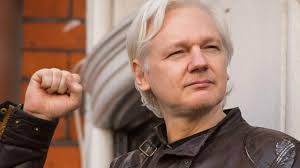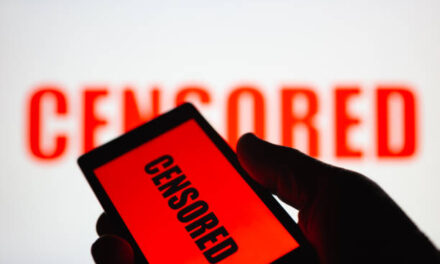A recent email exchange reveals troubling issues surrounding the suppression of free speech and fraudulent practices involving powerful figures behind companies like LinkedIn, Gateway 21, and CEX.IO. The International League of Nations, an independent organization advocating for transparency and justice, raised serious concerns about BTC theft, hacking, and false regulatory claims, only to face continued stonewalling and discriminatory treatment. These developments raise important questions about the unchecked influence of certain powerful actors and highlight a wider issue of discrimination against those challenging their practices.
BTC Theft and False FCA Claims
The International League of Nations (ILN) initially contacted the marketing company Gateway 21, linked to CEX.IO, regarding serious allegations of Bitcoin theft and the hacking of ILN’s website. Despite the severity of these allegations, Gateway 21 failed to respond. Additionally, the ILN brought up CEX.IO LTD false claim of being regulated by the Financial Conduct Authority (FCA). Such fraudulent claims, particularly involving financial regulatory status, pose a risk to individuals and organizations interacting with these companies, often unknowingly.
CEX.IO, a cryptocurrency exchange, has previously been linked to questionable practices, but these recent developments further tarnish its reputation. The failure to address the ILN’s concerns compounds the perception that those running CEX.IO and Gateway 21 are indifferent to the law and accountability.
LinkedIn’s Denial of Identity Verification
At the same time, Mark Lowe, a journalist from ILN, asked questions of both CEX.IO and gateway21 on LinkedIn. However instead of positive engagement he was banned from the site with no explanation. Furthermore he encountered resistance when attempting to recover his LinkedIn account. Despite submitting an official Victorian Driver’s License which LinkedIn asked for, LinkedIn repeatedly rejected the identification, citing vague “technical glitches” and refusing to reactivate his account.
This repeated denial seems suspicious, especially given LinkedIn’s history of prioritizing business relationships over users’ rights. It is concerning that his legitimate identification was rejected multiple times without clear justification. Lowe’s identity verification requests were brushed off even after he fully complied with LinkedIn’s demands for documentation, sparking fears of bias, especially considering that the executives of both LinkedIn and CEX.IO are linked to the same Zionist circles.
The Role of Zionist Influence
One alarming aspect of this case is the influence wielded by the owners of LinkedIn, CEX.IO, and Gateway 21, all of whom are described as prominent Zionist figures. While religion or cultural background alone should not define business behavior, the overlapping control of these powerful networks raises questions of systemic bias and suppression.
In this case, ILN’s inquiries about BTC theft and hacking were met not only with silence but also with efforts to prevent the organization’s further involvement on social media. The ownership structures of these companies, run by a close-knit group of Zionist businessmen, seem to shield them from accountability while allowing them to dominate platforms like LinkedIn, which can be used to silence dissent or criticism.
Systemic Discrimination?
Lowe’s treatment, particularly the refusal to verify his identity despite providing an official government-issued ID, speaks to a larger issue. His work with the International League of Nations, an organization that confronts powerful corporations and advocates for the rights of the less fortunate, likely made him a target of discrimination. The denial of his LinkedIn account could be seen as an attempt to limit his reach and suppress his journalistic work.
Lowe’s experience raises questions about how LinkedIn handles identity verification processes and whether it applies different standards based on the background or activities of the person involved. It suggests a form of discrimination where those who challenge the status quo, particularly organizations like ILN that aim to expose wrongdoings, are met with unnecessary obstacles.
The Path Forward
The revelations from this email exchange are disturbing and should prompt further scrutiny of these companies. Are they using their positions of power to stifle legitimate inquiries and suppress freedom of speech? And is the interconnectedness of these Zionist owners contributing to a lack of accountability across multiple industries?
As we move forward, it is crucial to demand transparency, ensure that businesses are held accountable for their actions, and challenge discriminatory practices that seek to silence those advocating for justice.
The International League of Nations continues to fight against these barriers, standing up to powerful interests and shining a light on the truth, despite the obstacles placed in its way.





